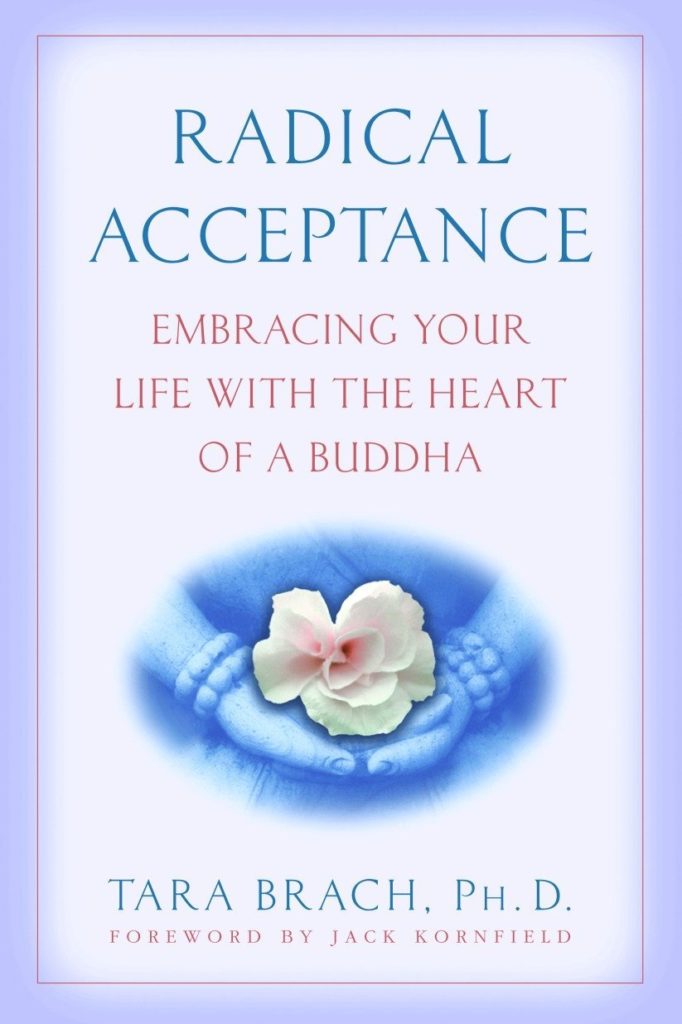“We do not realize that our views will change because we are normally unaware of the processes that change them.” – Daniel Gilbert, Stumbling on Happiness.
In 2002, when my son Diego was around 8 years old, I went to a conference on the inclusion of children with special needs in mainstream classrooms. The conference was unremarkable and I would have forgotten all about it had the presenter not ended it with a reflection on disability.
Disability, she said, was a form of diversity. I had heard this view before and rejected it, viscerally. I actually found it offensive.
Wait a minute, I used to think, the term diversity relates to things all people inherit, genetically or otherwise, such as race, sex, language and country of birth. It also refers to frameworks we adopt, as in religion or ideology. For example, I added to the diversity of the college I attended because I came from another country (Venezuela) and culture (Hispanic).
To my mind, the term diversity generally carried a positive connotation about aspects of who you were that few would be desperate to change. By contrast, I did not think of Diego’s developmental disability (autism / intellectual disability) as part of who he was. In fact, it was nothing but a negative condition we were trying to get rid of!
When the conference was over, I approached the speaker to share that I loved my son no matter what but that if a magic pill were invented that would make his disability disappear I would absolutely give it to him. She said something or other about how individuals with developmental disabilities don’t necessarily want to be cured. 
Then, detecting my accent, she asked where I was from. “Venezuela,” I said, and she went on to rave about the president of my country of birth (the late Hugo Chavez). This ended our short exchange because what she said threw me off (again) and I did not know what conversation to have anymore. To me, you see, Chavez was a curse, a clever and divisive populist whose policies were bound to cause great harm (which they did).
As I tend to do when overwhelmed, I walked away.
Every once in a while I remember this short exchange, not because I adopted the view of disability as diversity (I have not, at least not yet) but because I gradually lost my conviction about what I would do with the magic pill. Up to the day of that conference, I know I would have given the pill to Diego. Heck, I would have given my right arm to get it!
Today, I know with equal certainty that if it became available tomorrow I would not, at least not the full dose. Yet I cannot say at which point in Diego’s life I changed my mind.

At the time of the inclusion conference, I still was subject to thinking at once magical and rigid. I saw all that was atypical in Diego, all that was attributed to disability, as separate from who he was. We would get rid of everything the disability brought and leave the true Diego intact.
I can’t say when I began to view the challenges and differences as partly inseparable from Diego, or when I began to differentiate among them. Gradually, however, I went from hoping to eliminate them all to just some. Then I moved to mitigating, accommodating and accepting. Finally, I got to the point of embracing and treasuring a good deal of what I thought of as disability.
Here’s a short conversation I had with Diego last summer:
Me: “What do you think about your autism?”
Diego: “I like having autism. It helps me.”
Me: “Helps you with what?”
Diego: “Calling Caro, abuela, learning about animals and countries, watching movies…”
Me: “Who do you think has autism?”
Diego: “Oliver, Kelly, Andy, Alexa, Mike, Gabi, Michelle- all my friends, you see?”
I wrote the short exchange, word for word, on my phone Notes app because I was immensely bewildered and moved. Also, it’s not often that Diego stays on topic when the subject matter is subjective.
Of the friends Diego mentioned, only Oliver (names have been changed for privacy) has a diagnosis of autism; the other five have other developmental disabilities, such as Down Syndrome and Cerebral Palsy. I learned then that, for Diego, the word autism captures unique ways his friends are like him.
Diego and his friends with “autism” participate in the same programs and activities and live with parents or other adults who support them. His friends with “autism” are those who fully and unquestioningly regard him as a peer, even if their abilities differ widely, just as much as Diego’s abilities differ from those of “normal” people.
Diego, of course, knows many “normal” young adults and he is aware that they do not have what he calls autism. As much as he wants to do some of what they do but can’t, he still likes having autism. He still wants to be who he is.
Later that same day I asked Diego, “What do you think if someone in your family got sick?” His expression turned nervous and he did what he does when you bring up something he doesn’t want to get into: cover his ears, squint and mumble that he doesn’t want to talk about that. He clearly does not view having autism as being sick. To him, being sick is negative; having autism is just one way of being.
When Diego was younger, I considered disability a tragedy and viewed efforts to “cure” it or prevent it as the most worthwhile. The reality is that in the twenty-plus years that I’ve been part of this world, the prevention efforts have made less of a difference than I anticipated, at least in the case of autism.
Intensive early intervention is still viewed as the best shot at “recovery”. However, even this focus on early intervention is, dare I say, exaggerated and misinterpreted at times. You see, when our children’s progress is slow or not deemed significant in the early years, it can lead society to give up on their potential and personal goals. People forget that individuals with developmental disabilities are lifelong learners like the rest of us.
Disability does bring hardship. Diego is financially dependent and needs support to stay engaged, safe and healthy. Support translates into time, which I admit frustrates me when I ponder (rather often) that I will never be free with my time like other parents. I must also confess that Diego has almost driven me to insanity many times. He is a love, but he is VERY high-maintenance.
We have a choice though, in this as in most things when it comes to how we frame them. At this point, what I try to approach is Radical Acceptance, as explained in Tara Brach’s book by the same title. Very succinctly defined “Radical Acceptance is the willingness to experience ourselves and our life as it is. A moment of Radical Acceptance is a moment of genuine freedom.” (Brach’s explanation of Radical Acceptance had such an enormous impact on me that it’s a subject I will continue to endlessly ponder and surely post about.)
The magic pill question is just a thought experiment, and I can never judge another parent’s answer to it based on my experience with Diego. The fact that I’ve made peace with Diego’s disability does not mean that it’s good or bad or that other parents’ views will change in a similar way. Who knows where I would be if Diego’s disability was more (or less) severe, if my second child also had a disability, if I was a much older (or younger) parent? Heck, I can’t even be certain of what my outlook on Diego’s disability will be ten years from now!
As Gilbert reminds us, “We do not realize that our views will change because we are normally unaware of the processes that change them.”
For now, my general view on disability is that it is not something to simply normalize, glorify or bemoan. It is, and will always be, part of the human experience, which is always complex.



